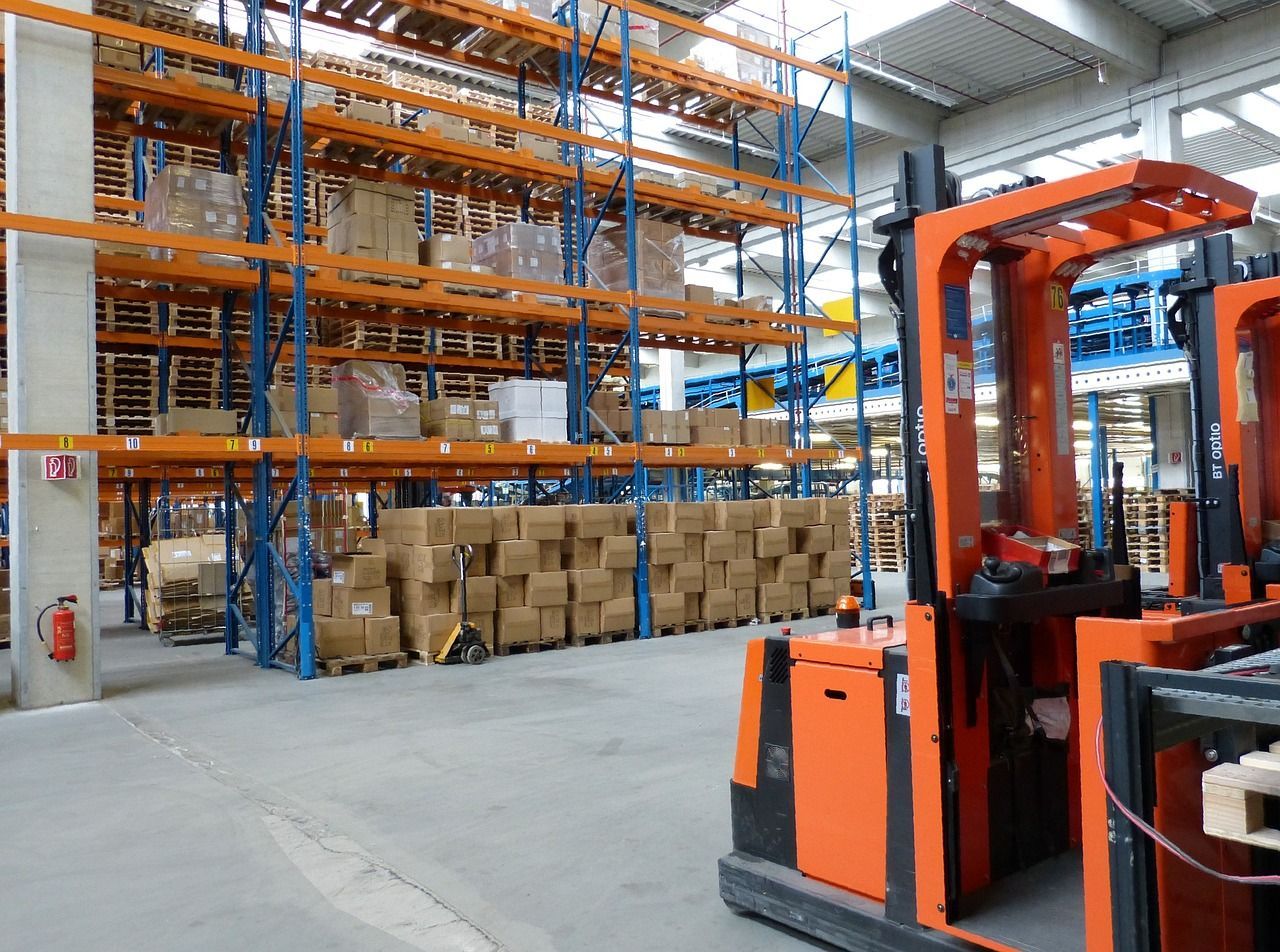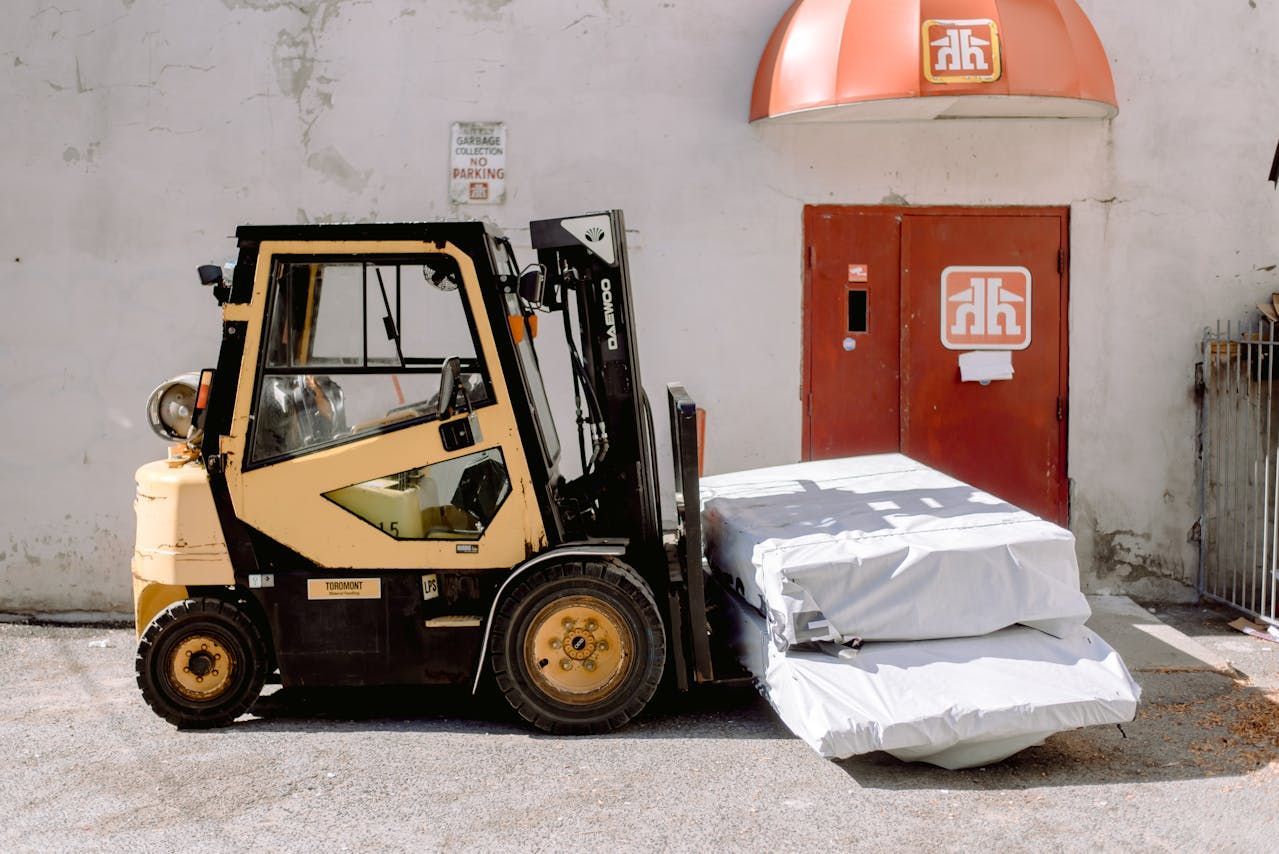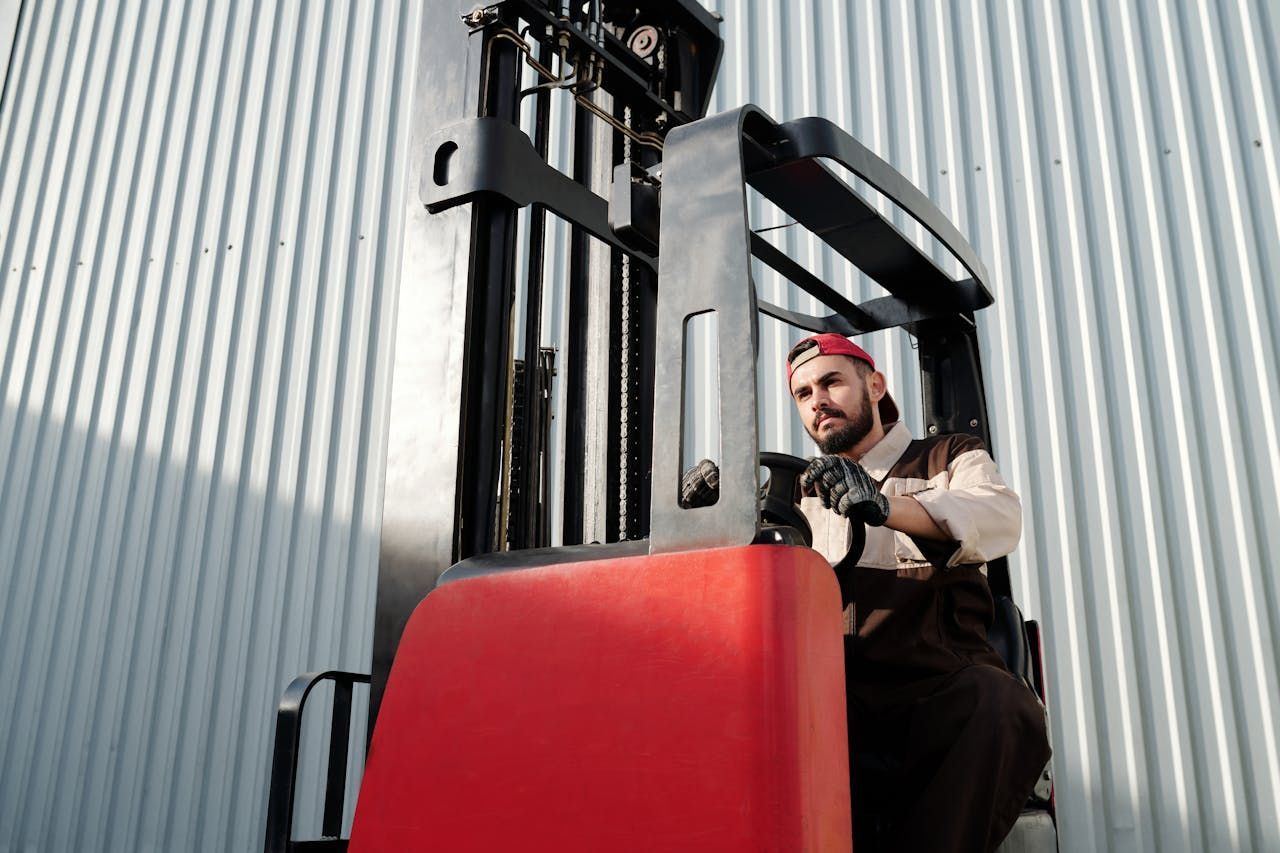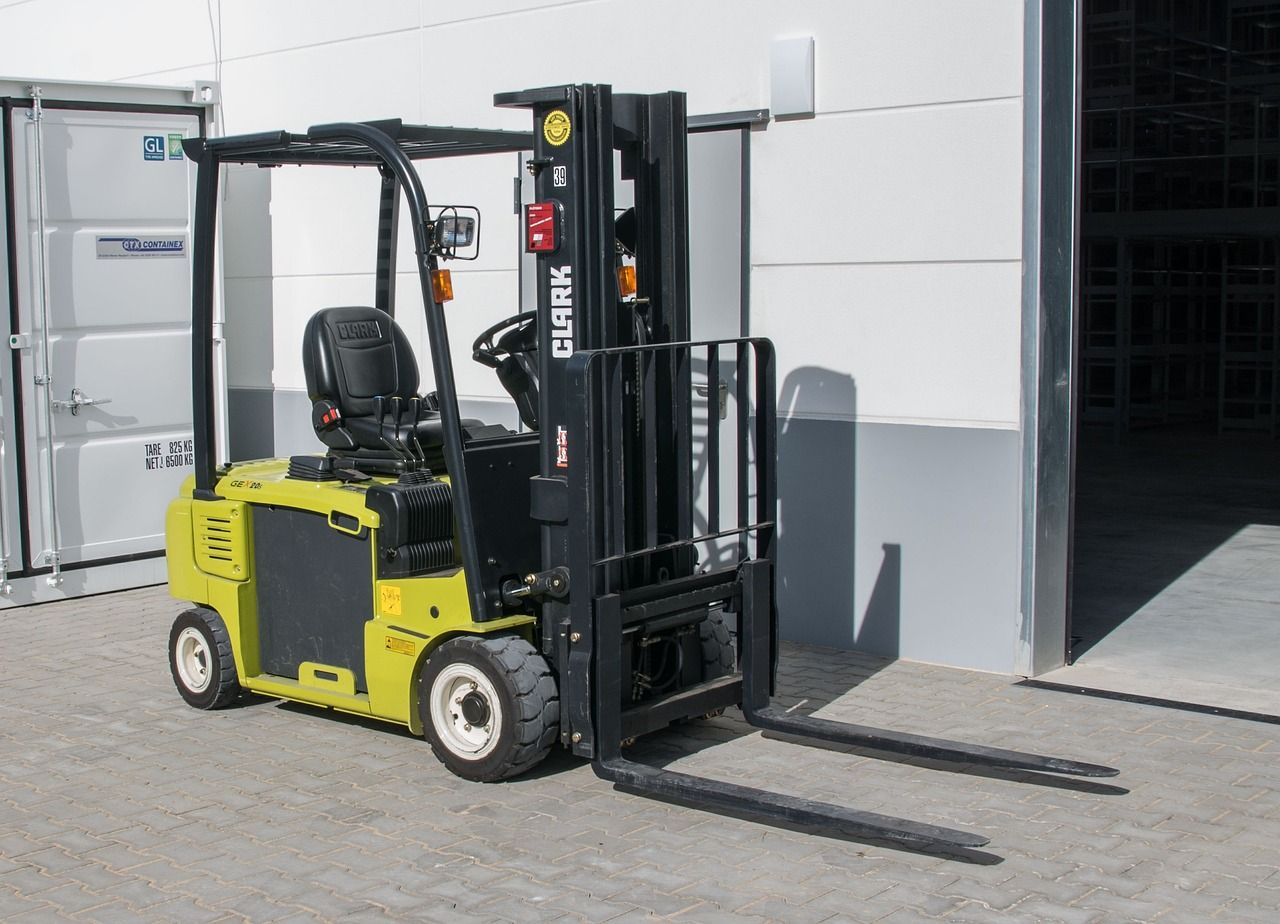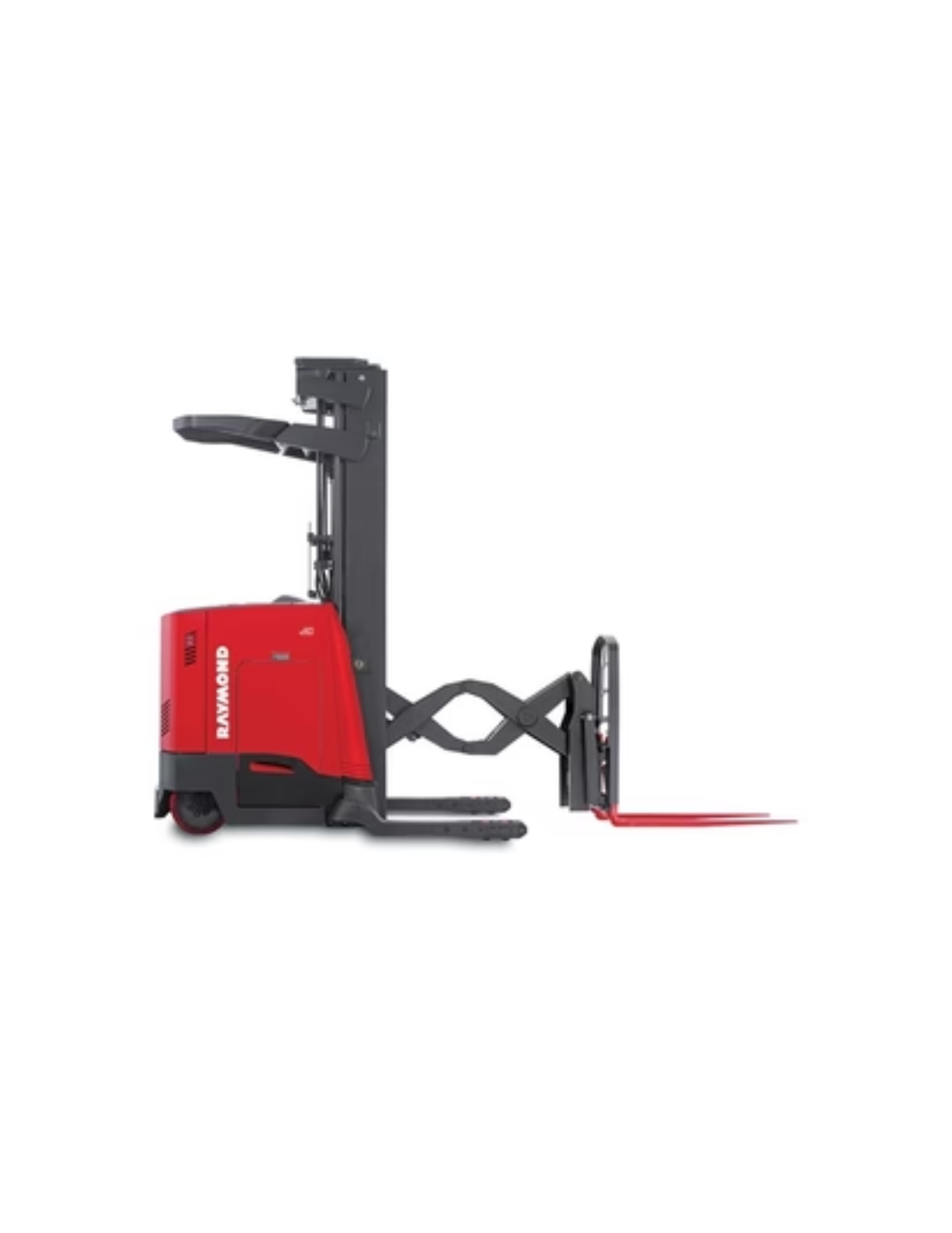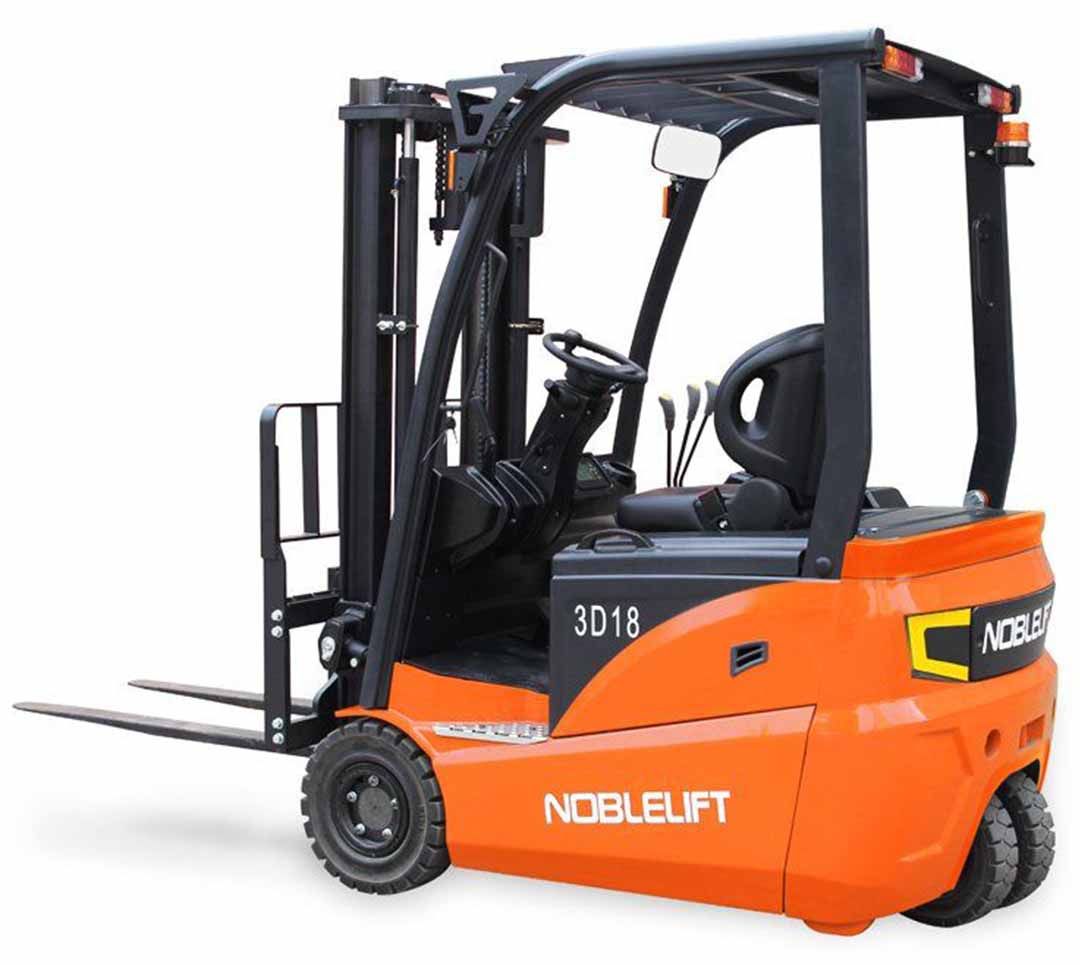Forklift safety regulations Miami
Denis Hernandez • April 18, 2023
"Stay Safe and Compliant: Understanding Forklift Safety Regulations in Miami"
It's important to understand forklift safety regulations in Miami to prevent accidents and stay compliant with OSHA standards. Learn about the requirements and best practices here.
Forklifts are essential equipment in many industries, including warehousing, manufacturing, and construction. While they are highly useful, forklifts can also pose a significant risk to operators and other workers if not used properly. To prevent accidents and ensure compliance with OSHA standards, it's crucial to understand the forklift safety regulations in Miami. Here's what you need to know.
Requirements for Forklift Safety in Miami
OSHA has established a set of guidelines for forklift safety, and they apply to all forklift operators and employers in Miami. These requirements include:
Training: All forklift operators must receive proper training and certification before operating a forklift. Employers must provide training programs that cover the safe operation of forklifts, as well as any hazards associated with their use.
Equipment Maintenance: Forklifts must be inspected daily before use, and any defects or malfunctions must be reported and repaired immediately.
Capacity Limitations: Forklift operators must be aware of the weight capacity of their forklifts and never exceed it. Overloading a forklift can cause it to tip over, potentially injuring the operator and others nearby.
Traffic Management: Employers must establish and enforce safe traffic patterns for forklifts in the workplace to avoid collisions with other vehicles and pedestrians.
Best Practices for Forklift Safety in Miami
In addition to meeting OSHA's requirements, there are several best practices that forklift operators and employers can follow to further improve safety in the workplace. These include:
Wear Proper PPE: Forklift operators should always wear the appropriate personal protective equipment (PPE), including hard hats, safety glasses, and steel-toed boots.
Maintain Clear Visibility: Operators should ensure they have a clear line of sight when operating the forklift. Clear all debris, dust, and other obstacles that can hinder visibility.
Keep Forks Low and Stable: Always keep the forks as low to the ground as possible to maintain stability and prevent tipping. Operators should also make sure the load is stable and evenly distributed.
Follow Speed Limits: Operators must follow the speed limit when operating a forklift and never exceed it. Excessive speed can cause a forklift to lose control, leading to accidents.
Never Modify a Forklift: Employers should never modify a forklift unless approved by the manufacturer. Any unauthorized modification can compromise the forklift's safety and cause accidents.
Conclusion
Forklift safety is critical in any workplace where forklifts are used. By following OSHA's requirements and best practices for forklift safety in Miami, employers and operators can minimize the risk of accidents and ensure compliance with safety regulations. Remember to always prioritize safety and report any issues or hazards immediately.
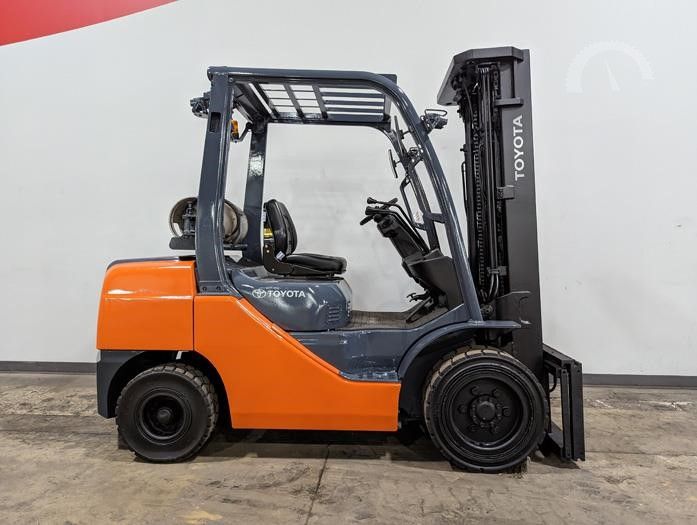
As the cogs of industry incessantly turn, forklifts play an indisputably crucial role, ferrying goods from point A to B with resolute determination. Amidst the myriad forklift types that crowd the market, Liquefied Petroleum Gas (LPG) forklifts have risen to prominence. But what exactly are these mechanized beasts of burden? And do their advantages outweigh their limitations? For the uninitiated, an LPG forklift is a kind of industrial truck powered by liquefied petroleum gas. This fuel type brings certain attributes that differentiate LPG forklifts from their diesel or electric counterparts. With that crash course in Forklift 101, let's dive into the ebb and flow of benefits and drawbacks associated with LPG forklifts.

Forklifts, those unassuming powerhouses in every warehouse, carry with them more risks than you might suspect. With thousands of accidents annually, understanding the hazards is critical. In this article, we delve into the hidden perils of forklift operation and suggest preventative strategies to uphold safety standards.
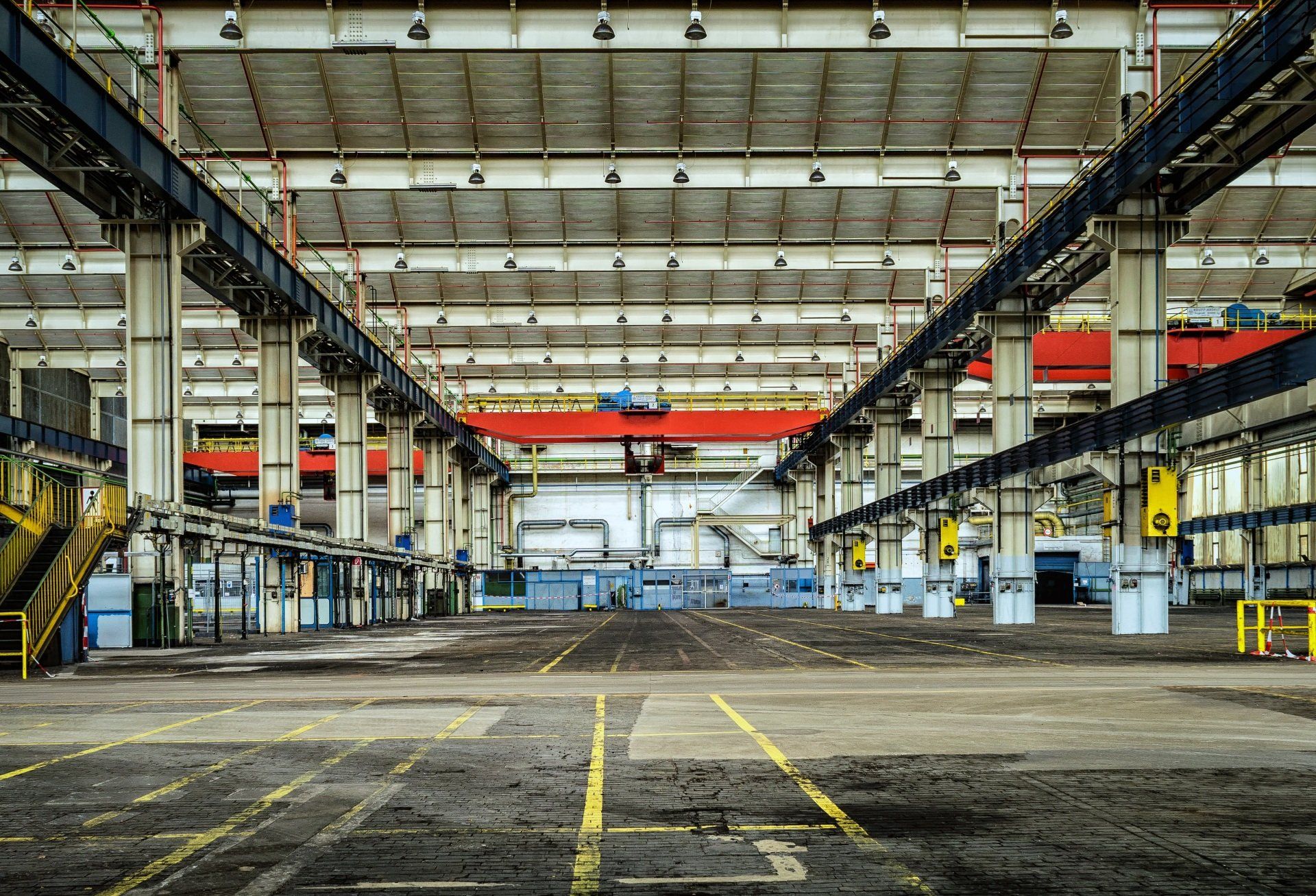
As forklift owners, we often find ourselves pondering the question, "What year is my forklift?" In the case of some brands like Toyota, figuring out, "What year is my Toyota forklift?" can be a bit of a scavenger hunt. Typically, a forklift’s year of manufacture is stamped on the nameplate. This little metal plaque is like the fingerprint of your forklift, holding valuable information about its life story. However, its location can be a bit tricky to find. Let's break it down by brands. For Toyota, the placard is typically near the driver's seat, on the body of the forklift. Same goes for Mitsubishi. So, if you've been wondering, "What year is my Mitsubishi forklift?", rest easy. Just search near the operator's seat. Now, let's shift gears to another well-known brand. If you are a Hyster forklift owner, you might have asked, "What year is my Hyster forklift?" The answer is as simple as checking the frame. It's often there, embossed with the year it rolled off the assembly line. Looking at Clark forklifts, it's a slightly different story. You might wonder, "How do I tell what year my Clark forklift is?" or "What year is my Clark forklift?" Well, the identity of your Clark forklift is usually under the seat or near the front wheels. Keep an eye out for that identification plate. When it comes to Caterpillar, the question, "What year is my Caterpillar forklift?" isn't so hard to answer either. The nameplate is often on the front, near the operator's station, or on the mast's side. For Crown forklifts, the answer to the question, "What year is my Crown forklift?" can usually be found by checking under the seat or near the overhead guard. And what about Komatsu forklifts? Well, you may ponder, "What year is my Komatsu forklift?" A quick peek under the seat or close to the mast should clear up that mystery. In conclusion, no matter the brand of your forklift, finding out its year of manufacture can be a fun little adventure, a detective game you play in your warehouse. The answers to your questions - "What year is my forklift?" "How do I find out what year my forklift is?" – lie in your forklift itself. So grab a flashlight and happy hunting! The knowledge of your forklift's year can help you determine the parts you need, anticipate necessary maintenance, and improve your understanding of its value. Remember, each forklift has its own story, and you are a significant part of that narrative.

The dynamic world of forklifts is a landscape marked by innovation, versatility, and a constant drive for enhanced efficiency. Today, we're embarking on an in-depth exploration of this landscape, focusing on the many forklift brands that define it. It's a wide-ranging journey, so let's jump right in and start with our esteemed sponsor and a trailblazer in the field: Noblelift.



